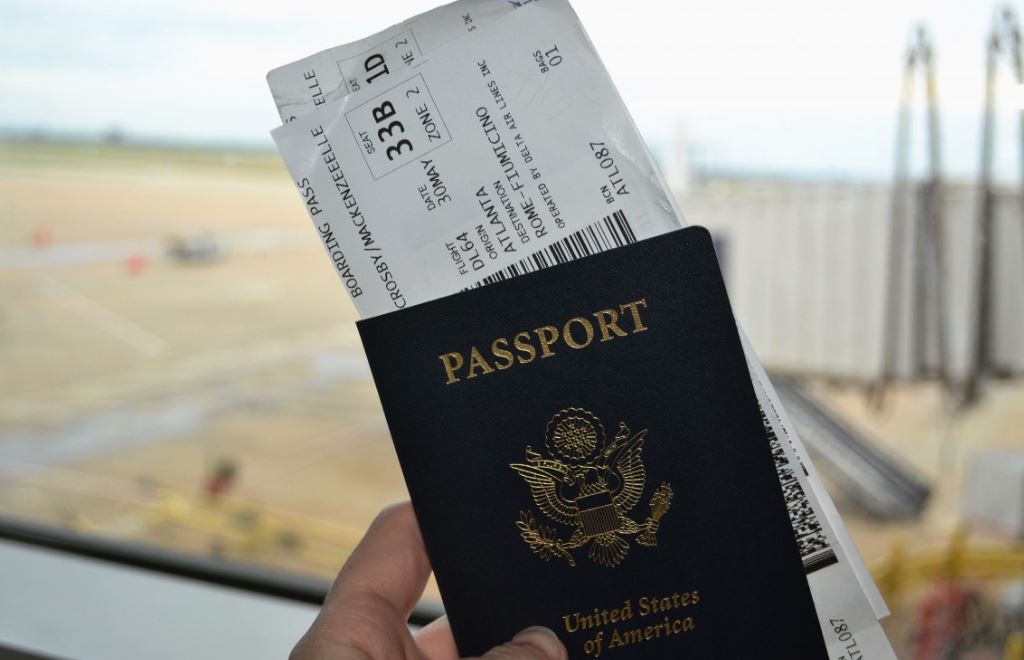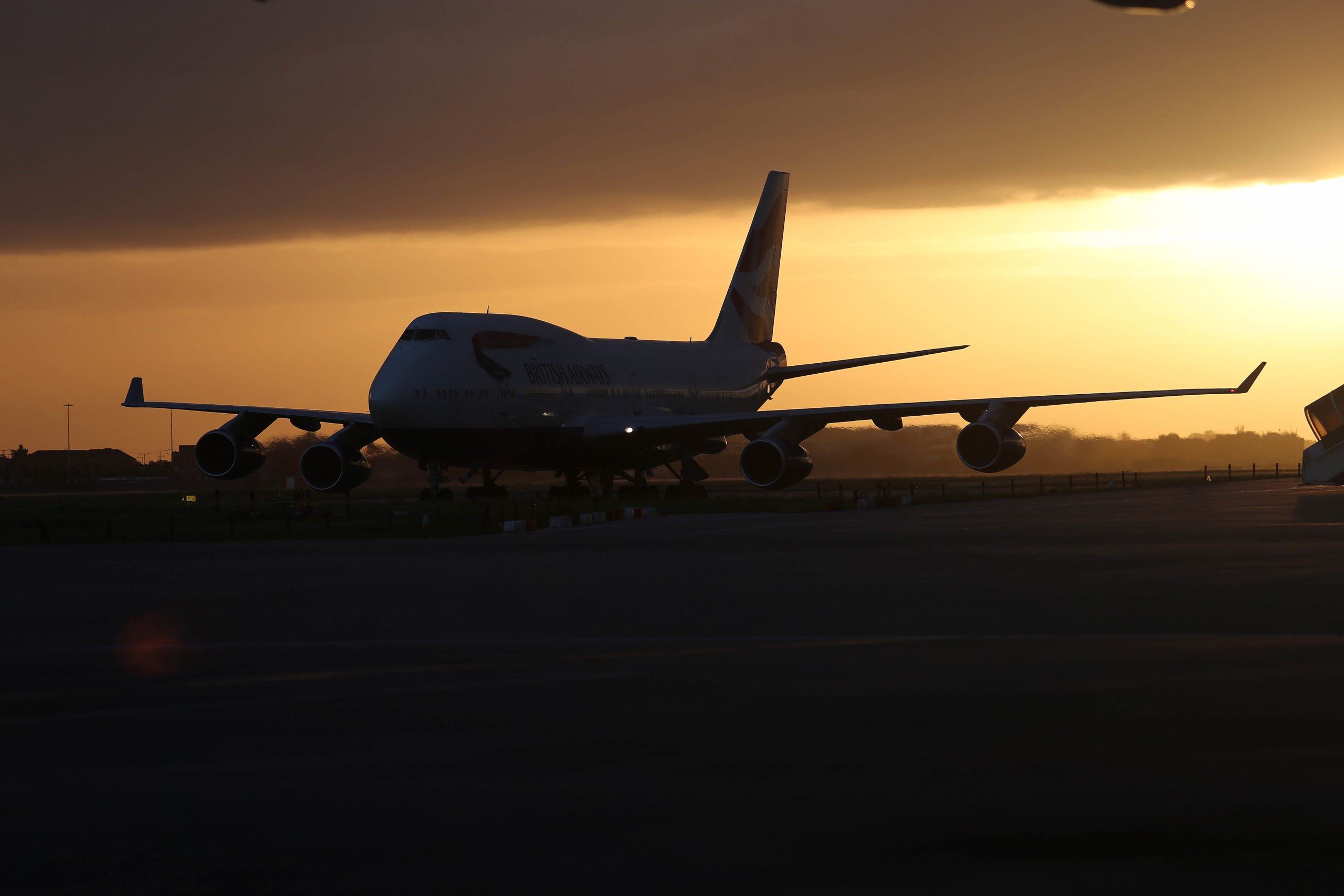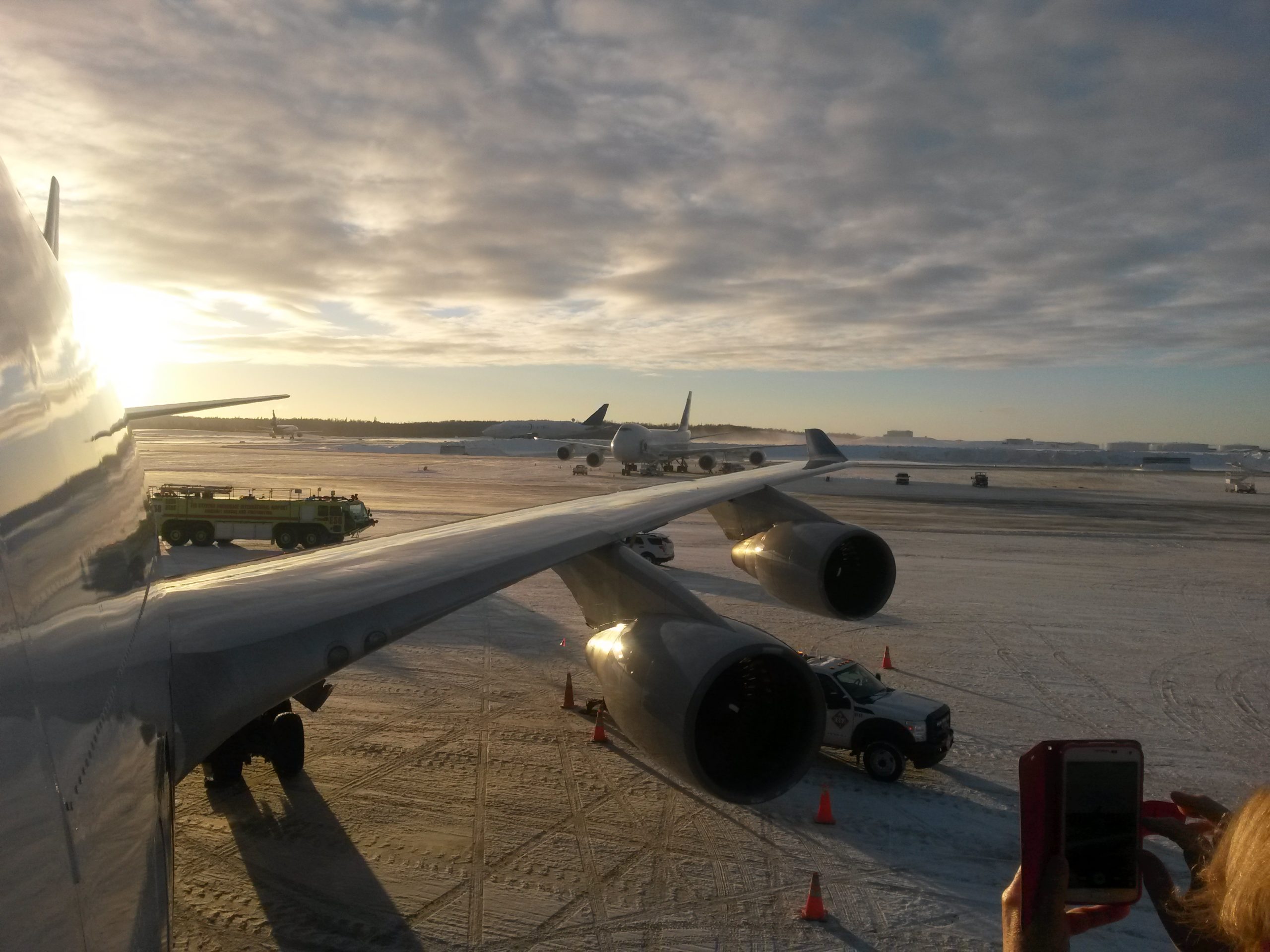With summer starting to wane, travel recovery is looking more and more bleak. European travel, anticipated to rebound, has not turned out the way many countries and airlines had hoped. Flights are still down more than 50% compared to last year, and with little more than a month of summer left, it’s not looking pretty for the continent. The European Union could lose as many as 18 million travel-related jobs.
But that pales in comparison to the global travel picture.
Travel and Tourism Sector GDP Could Be Down As Much As 60%
A CNN article discussing the outlook of the World Travel and Tourism Council (WTTC) paints this bleak picture:
“The industry body is now forecasting the loss of 197 million jobs worldwide and a $5.5 trillion reduction in the sector’s contribution to global GDP this year — a 62% drop compared to 2019.”
This is enormous. There were hopes to draw tourists back with “travel bubbles” and reopened borders within Europe, but this doesn’t seem to be working. Resurgence in COVID cases and ever-changing travel restrictions has made planning a decent holiday challenging for many. Bookings for 2020 are way, way down, while bookings for 2021 are ahead of where they normally are. It looks like many are simply deferring their travel plans to next year.
The impact of the pandemic and our response to it is going to have a lasting impact on the world economy. Beyond the bleak picture for the travel sector, there is more general suffering. Some countries have seen over a decade of economic growth erased in a matter of months. The U.S. saw 10 years of job growth wiped out in four weeks, although things have been rebounding. Overall, the pandemic will likely destroy more worldwide wealth than the 2008 financial crisis.
Blanket Quarantines Are A Terrible Solution
The WTTC is calling on the UK and another 10 large countries to coordinate a worldwide response that will help save the travel and tourism sector. Given their bleak forecast and the mission of the WTTC, getting travel back on track is imperative for them. They are critical of the UK’s latest move to add additional countries to their quarantine list.
Quarantines are effective at one thing: stopping travel. Sure, there are the handful of people who will put up with the 14-day quarantine requirement, as they are staying for the ling term. But in most cases, 14 days is longer than people’s entire vacation. Who would want to travel to Europe to stay holed up in a hotel or apartment for two weeks? I sure wouldn’t.
Sure quarantines could be effective at stopping transmission of the coronavirus via air from another country, as there will be far fewer people moving. But the flip side is the devastating economic impact, as you’re effectively cutting off tourism. For many places, tourism is their lifeblood.
Testing is the better solution. Testing before flights, testing on arrival, and testing before you go home. This at least ensures that people are aware of whether or not they have COVID-19, and they can be properly quarantined. It would be rough to arrive in Europe just to find out that you have COVID-19 and need to isolate for two weeks. But at least the country and airline would know, and those on the flight could be alerted that they were potentially exposed.
Testing will allow borders to open, flights to resume, and people to enjoy traveling. Who know if we will ever get there.
Final Thoughts
The economic outlook for the travel and tourism sectors for the next few years is bleak. It’s now been six months since the coronavirus started spreading like wildfire around the world, and travel is still being heavily impacted. I’m hopeful that countries will formulate a better response over the coming months so that those interested in traveling internationally can have the opportunity to do so.














Glum news indeed. Hopefully the new Yale testing will tilt things back toward normal with a cheap, fast, accurate test that doesn’t have a lot of specialized laboratory requirements. That might be enough to buy time until a viable vaccine arrives.